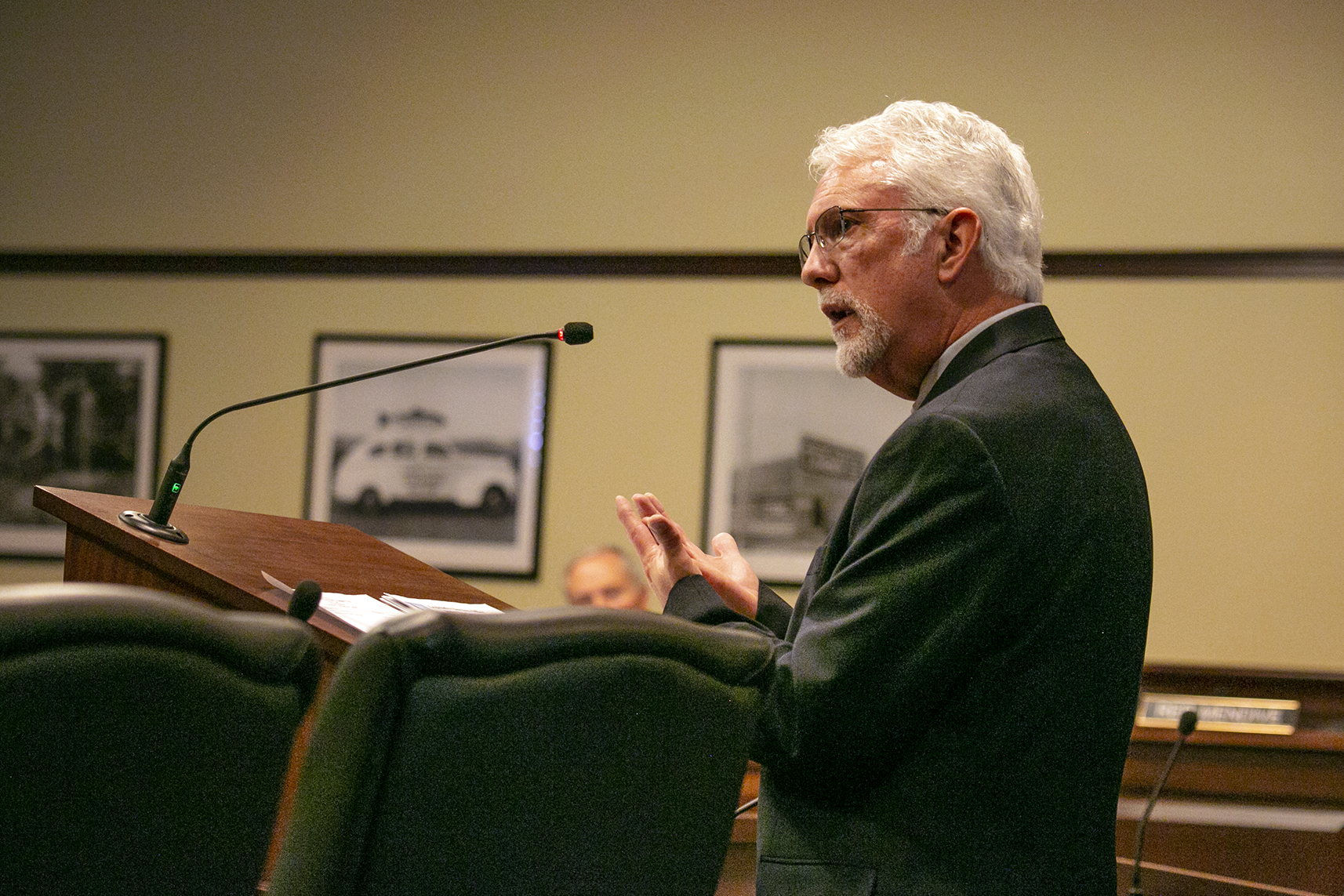Optimism is a wonderful thing.
And at the dawn of a new legislative session, optimism is an abundant commodity.
So it was Friday, when Senate President Pro Tem Brent Hill addressed the Statehouse media corps and said lawmakers would need only a few weeks to work their way through reviewing agency rules, before proceeding to the other business of the 2020 session. The Rexburg Republican was feeling so optimistic that he even compared the rules process to Y2K. (For younger readers, I’ve taken the liberty of linking to a Wikipedia entry on Y2K. Just trying to help.)
Move along, Hill said in essence. Nothing to see here. “We don’t think it’s going to take that long.”
Hill’s rosy forecast is aging poorly.
A House-Senate compromise on rulemaking — which House Speaker Scott Bedke mentioned during the same panel discussion — did not materialize on Tuesday, as he’d promised.

Meanwhile, the House Education Committee used its Tuesday kickoff meeting to set the stage for a big rules battle. That could mean a showdown over the Idaho Core Standards in math and English language arts, and possibly a rematch over school science standards, adopted in 2018.
This doesn’t sound like a seamless process.
It is, however, an important process.
Rules carry the full force of law. Some are controversial, such as rules on academic standards or immunization guidelines. Some rules allow agencies to set and collect fees.
No wonder, then, that legislators covet their role in approving, amending or rejecting agency rules. (They went so far as to write a constitutional amendment protecting their rulemaking authority, which voters ratified in 2016.)
But in 2019, this very process broke the Legislature. The House and Senate hit an impasse over procedure. They left town without passing a bill to keep thousands of pages of agency rules on the books — normally an annual formality, but just not last year.
That created the morass that now awaits the 2020 Legislature. Even by Hill’s optimistic forecast, rules will dominate at least the first month of the session.
On one level, this is a policy debate between the Legislature and Gov. Brad Little.
After the legislative session, Little had the unexpected chance to review all of Idaho’s rules in one fell swoop. His administration cut or simplified three-fourths of the state’s rules, making Idaho the least regulated state in the union. In his State of the State address Monday, Little shared the victory lap moment with lawmakers. “Working together, we seized the opportunity before us and made history in the process.”
But Little deliberately left rules such as Common Core untouched, because he did not want to rewrite state policy. Some legislators clearly see 2020 as their year to revisit and revamp policy.
On another level, this is also a House-Senate policy struggle.
Even if the two chambers eventually agree on a rulemaking procedure — and House and Senate Republicans held separate caucuses Wednesday to talk over the current proposal — resentment still lingers. The Senate Education Committee overrode House Education on science standards, approving language on climate change that House members tried to delete. House Education members haven’t forgotten that.
Some House members feel they were never heard on Common Core, approved by rule in 2011, Bedke said Wednesday. Even if the standards remain intact, Bedke would still like to see hearings. He’d prefer a joint House-Senate hearing on Common Core, before the two education committees vote separately on the issue.
“We’re asking neither side to cede any of their autonomy or authority,” Bedke said Wednesday.
But hearings take time. Just figuring out a date for a House-Senate hearing poses a logistical challenge, Bedke said.
On Wednesday, Senate Education seemed resigned to wait.
While House Education works through “omnibus rules” — the massive mashups of all the old and rewritten rules, including Common Core — Senate Education will start holding hearings next week on a handful of new proposed rules, said Sen. Steven Thayn, the committee’s vice chair. Senate Education won’t vote on new rules until House Education finishes with the omnibus rules, since all the rules are ultimately intertwined.
“We’re going to vote on a couple of rules as quickly as we can,” said Thayn, the Emmett Republican who presides over rulemaking in Senate Education.
If this all sounds like it’s going to take some time, there’s probably a reason for that.
A new feature:Each Thursday, Kevin Richert will offer a weekly analysis of the latest in education policy and education politics.
